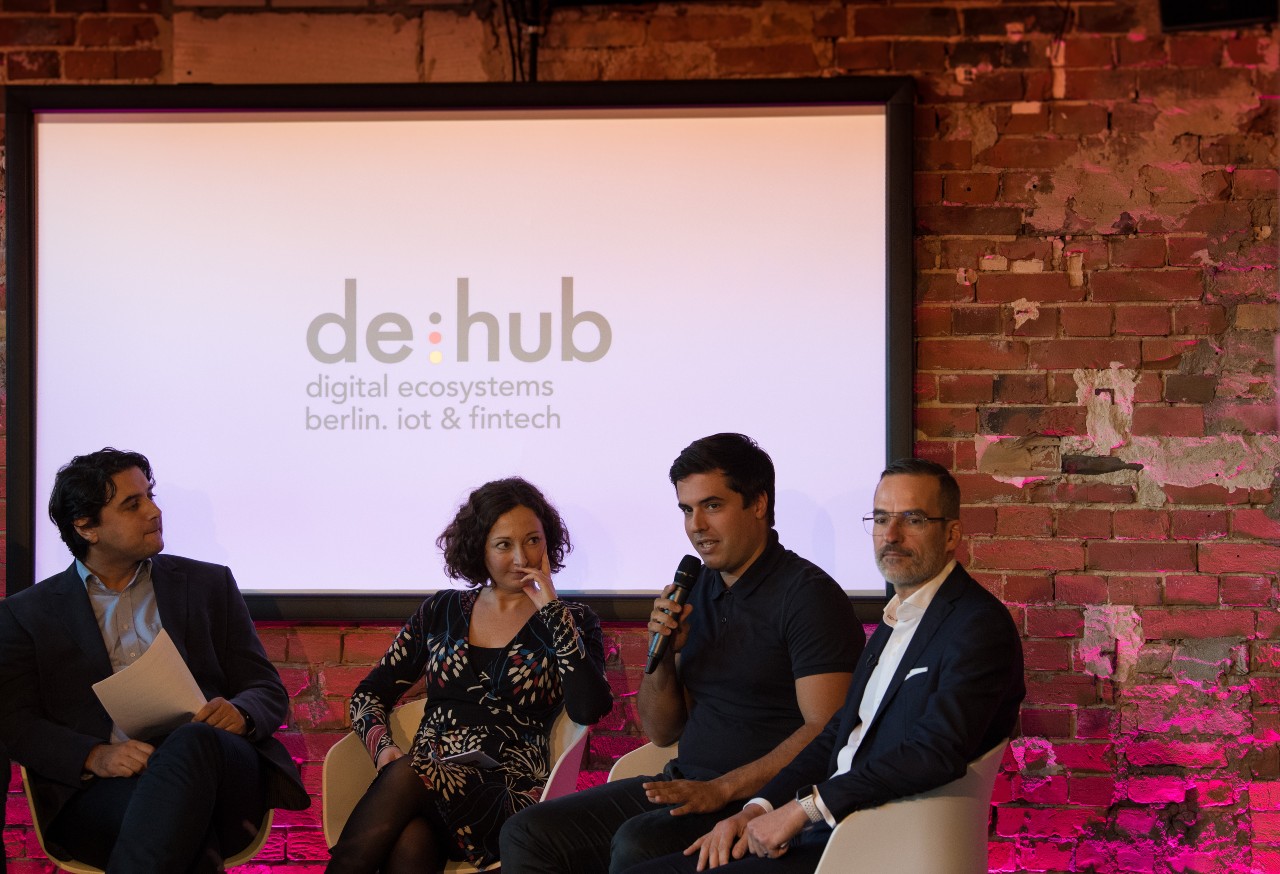“Rheinmetall has decided to open a new production line in Germany for medium-calibre ammunition” which will include “the possibility of producing 35mm ammunition for the Gepard air defence system”, the company said in a statement sent to AFP.
The facility will be completed in January 2023 and will begin producing munitions from June, Rheinmetall added, without specifying where it will be located.
The new line will help “restore the German army’s defence capability” and “fill the gaps created by support to Ukraine”, Rheinmetall added.
Germany has sent Gepard systems and munitions to Ukraine as part of a package of weapons to help the country repel Russia’s invasion.
READ ALSO: EXPLAINED: How Germany plans to rebuild its military
But Germany’s own production of munitions is limited and earlier this year it asked Switzerland for authorisation to send Ukraine 12,400 pieces of Swiss-made ammunition.
Switzerland declined, reasoning that authorising the deal would compromise its neutrality.
Rheinmetall did not directly reference the Swiss veto but said a central aim of the new production line was to “make the ammunition supply in Germany independent of foreign production sites again”.
More generally, the group said it had a “responsibility to help the federal government restore the necessary defence capability of the army”.
Russia’s invasion of Ukraine marked a big turning point in German defence policy, with Chancellor Olaf Scholz announcing a €100 billion ($106-billion) fund to upgrade the army, known as the Bundeswehr.
Scholz in September vowed to transform the country’s military into the “best equipped” in Europe.
READ ALSO: Germany signs contract to buy ‘world’s most advanced’ fighter jets




 Please whitelist us to continue reading.
Please whitelist us to continue reading.
Member comments